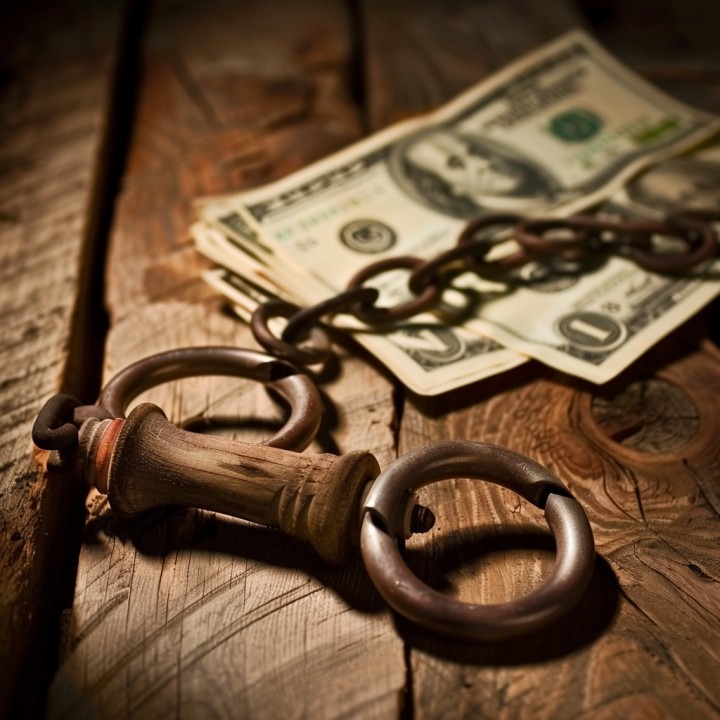Introduction to Bail Bonds
Definition and Purpose of Bail
Bail is a monetary guarantee paid to the court to ensure that an accused person will return for their trial. The purpose of bail is to allow the accused to be released from jail while awaiting trial, provided they comply with the court’s conditions.
Importance of Understanding Bail Procedures
Understanding bail procedures is crucial for anyone who might face arrest. Knowing how to post bail and the options available can make the process smoother and ensure a quicker release from custody.
Can You Pay Your Own Bond?
Legal Feasibility
Yes, you can pay your own bond if you have access to the necessary funds and meet the legal requirements. This process, known as self-bail, involves paying the bail amount directly to the court or jail to secure your release.
Conditions and Limitations
Self-bail is subject to certain conditions and limitations. The accused must have access to sufficient funds and meet any additional requirements set by the court. In some cases, the nature of the crime or the accused’s history may affect eligibility for self-bail.
Types of Bail Bonds
Cash Bail
Cash bail involves paying the full bail amount in cash to the court. If the accused attends all required court appearances, the bail amount is refunded at the end of the trial, minus any court fees.
Surety Bonds
A surety bond is obtained through a bail bond agent, who charges a non-refundable fee (usually 10-15% of the bail amount) to post bail on behalf of the accused. The agent guarantees the court that the accused will appear for all required appearances.
Property Bonds
Property bonds involve using property as collateral to secure bail. The property must have equity equal to or greater than the bail amount, and the court places a lien on the property until the trial concludes.
Own Recognizance (OR)
Release on one’s own recognizance (OR) means the accused is released without having to pay bail, based on their promise to return for court appearances. This option is typically reserved for low-risk defendants.
Steps to Pay Your Own Bond
Determining Bail Amount
The bail amount is usually set during a bail hearing shortly after arrest. The judge considers factors such as the severity of the crime, the defendant’s criminal history, and flight risk.
Accessing Funds
To pay your own bond, you need access to sufficient funds to cover the bail amount. This could involve withdrawing cash, liquidating assets, or arranging for a wire transfer.
Posting Bail
Once you have the funds, you can post bail by paying the amount to the court or jail. The payment can often be made in cash, by cashier’s check, or through a bail bond agent if using a surety bond.
Legal Considerations
Court Procedures
Understanding court procedures is essential for navigating the bail process. This includes knowing your court dates, complying with bail conditions, and following any legal requirements.
Rights of the Accused
As an accused individual, you have certain rights, including the right to a fair bail hearing and the right to be informed of all conditions and procedures related to bail.
Bail Refunds and Forfeitures
If you post cash bail and comply with all court requirements, the bail amount will be refunded at the conclusion of the trial. If you fail to appear in court, the bail may be forfeited, and additional charges may be filed.
Factors Affecting Self-Bail
Severity of the Crime
The severity of the alleged crime significantly impacts the bail amount and the possibility of self-bail. More serious crimes generally result in higher bail amounts and stricter conditions.
Criminal History
A defendant’s past criminal record can influence bail decisions. Repeat offenders or those with a history of not appearing in court may face higher bail amounts or denial of bail.
Flight Risk
If the court perceives the defendant as a flight risk, the bail amount may be set higher, or bail may be denied altogether. Factors such as strong community ties or lack of travel history can mitigate flight risk concerns.
Alternatives to Self-Bail
Bail Bond Agents
If you cannot afford the full bail amount, a bail bond agent can post bail on your behalf for a fee. This fee is typically non-refundable and is a percentage of the total bail amount.
Bail Reduction Hearings
If the bail amount is too high, you can request a bail reduction hearing. Your attorney can present arguments and evidence to justify lowering the bail amount.
Pretrial Services
Some jurisdictions offer pretrial services that supervise defendants released on bail. These services may include regular check-ins, electronic monitoring, or other conditions to ensure compliance.
FAQs
What happens if I can’t afford bail?
If you cannot afford bail, you may remain in custody until your trial. Alternatively, you can seek the assistance of a bail bond agent or request a bail reduction hearing.
Can bail be denied?
Yes, bail can be denied, especially in cases involving severe crimes, significant flight risks, or a history of not appearing in court.
What are the consequences of skipping bail?
Skipping bail can lead to forfeiture of the bail amount, additional criminal charges, and issuance of a warrant for your arrest.
How do I get a bail reduction?
To get a bail reduction, your attorney can file a motion and present evidence and arguments at a bail reduction hearing to justify a lower bail amount.
What is a bail bond agent?
A bail bond agent is a professional who posts bail on behalf of the accused in exchange for a fee, usually 10-15% of the bail amount. This fee is non-refundable.
Are there any fees associated with posting bail?
Yes, if you use a bail bond agent, there is a non-refundable fee. If posting cash bail, there may be court fees deducted from the refunded bail amount.
Conclusion
Paying your own bond is a viable option if you have the necessary funds and meet the legal requirements. Understanding the types of bail bonds, the process of posting bail, and the factors affecting bail decisions is crucial for navigating this process. Exploring alternatives such as bail bond agents and pretrial services can also provide solutions if self-bail is not feasible.






